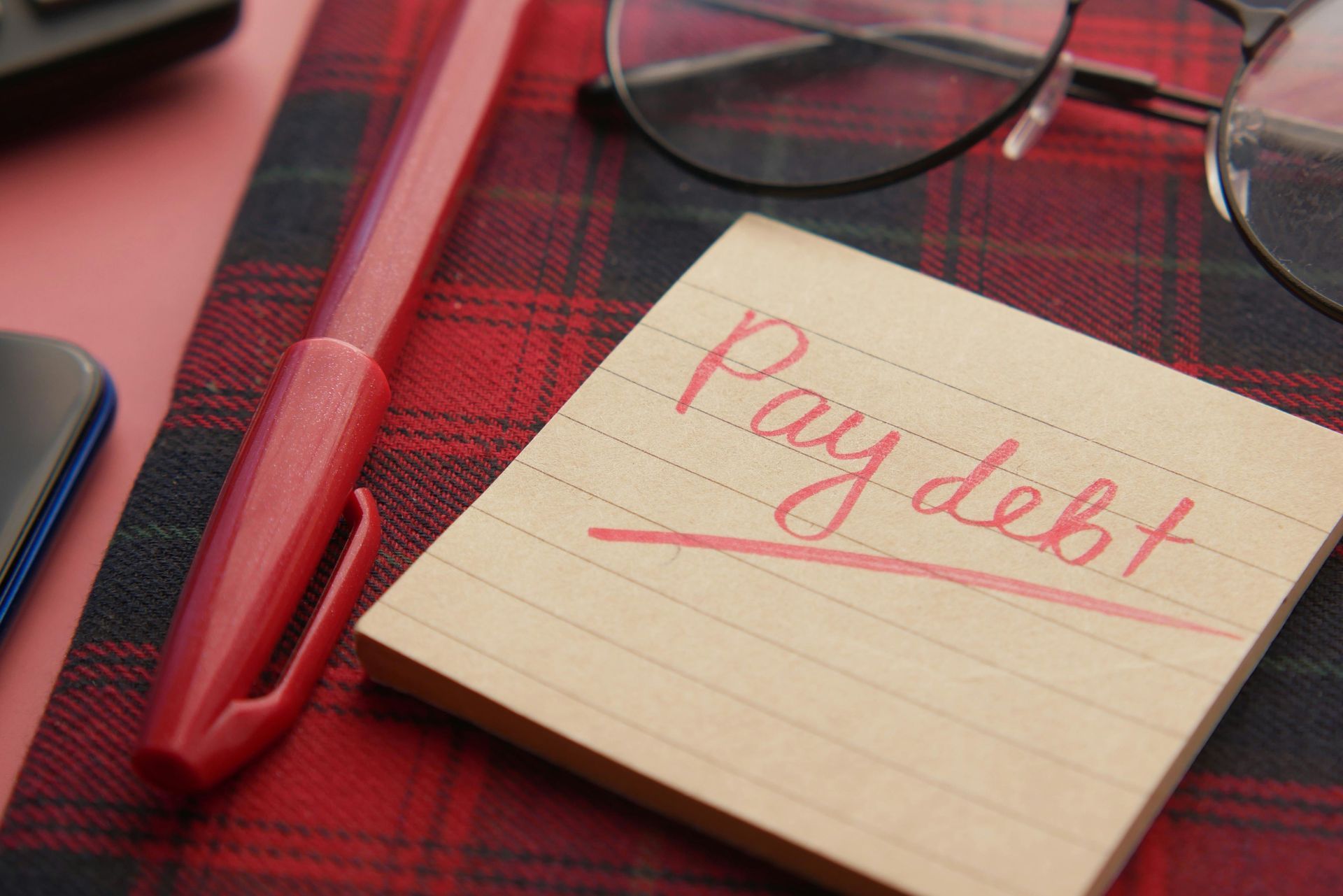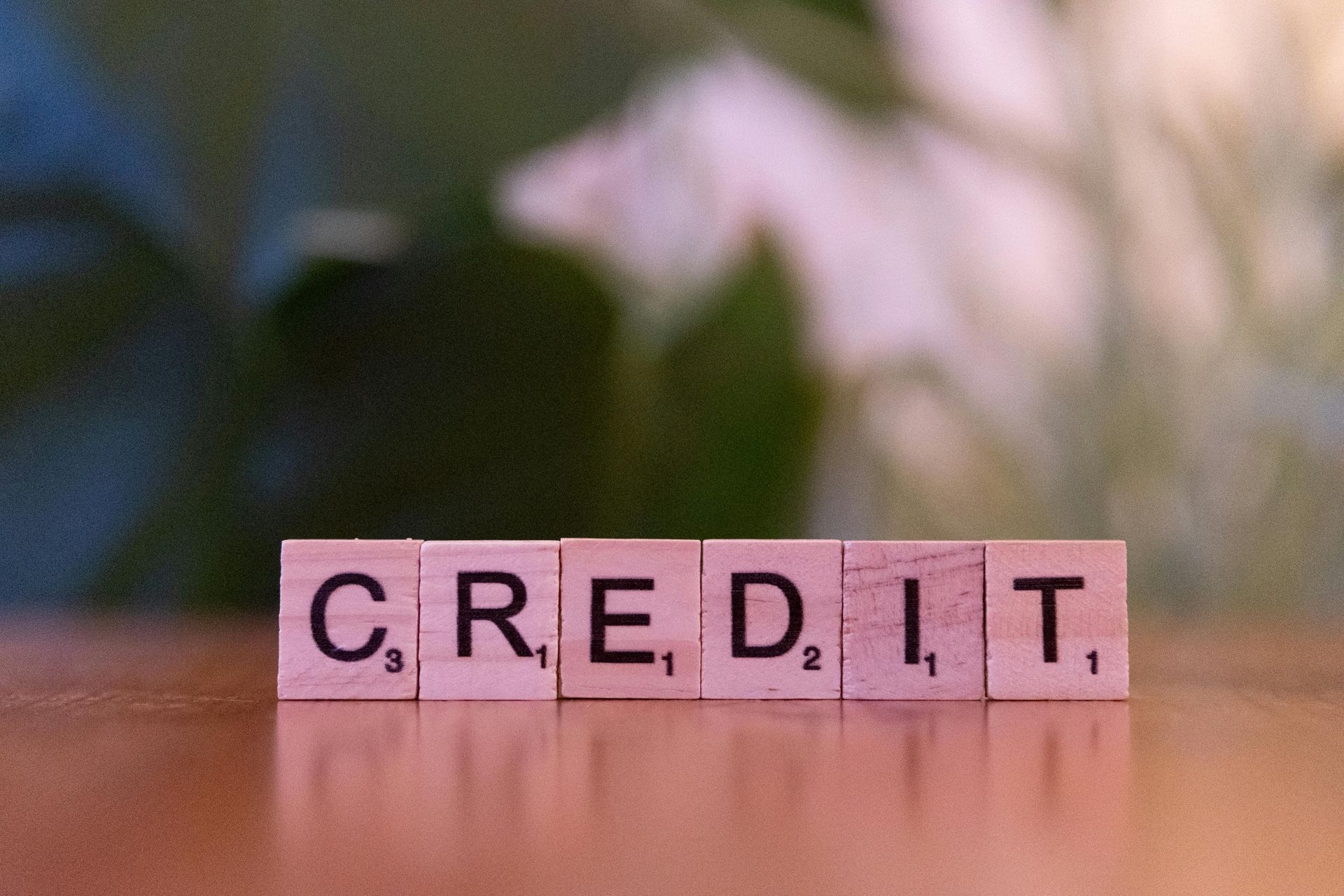What Is Debt Consolidation and How Does It Work?
Debt can pile up quickly. Between credit cards, medical bills, personal loans, and other financial obligations, managing multiple payments can feel overwhelming. That’s where debt consolidation comes in. It’s a financial strategy that helps simplify your monthly payments by combining all your debts into one loan, ideally with a lower interest rate and more manageable terms.
This guide will walk you through the basics of debt consolidation, how it works, the pros and cons, and what to consider before choosing this method. If you’re struggling to stay on top of multiple payments or looking for a way to save on interest, this might be the solution you’ve been searching for. For additional support, you can explore our coaching and consulting services or take advantage of our online course to build your financial knowledge.
Key Takeaways
- Debt consolidation combines multiple debts into a single loan with one monthly payment.
- It may lower your interest rate, depending on your credit score and the lender’s terms.
- Debt consolidation can simplify your finances, helping you avoid missed or late payments.
- There are several types of consolidation, including personal loans, balance transfers, and home equity loans.
- Not all debt qualifies for consolidation, and it may not be the best choice for everyone.
- Your credit score, financial habits, and income all play a role in whether this strategy is a smart move.
Understanding Debt Consolidation
Debt consolidation is the process of taking out a new loan to pay off multiple smaller debts. Once those balances are cleared, you’re left with just one monthly payment instead of several. The main goal is to reduce your financial burden by lowering interest rates and making repayment more manageable.
Types of debts commonly consolidated include:
- Credit card balances
- Medical bills
- Personal loans
- Payday loans
- Store credit accounts
By replacing several payments with one, debt consolidation makes it easier to keep track of your obligations and often reduces stress related to managing money. To learn more about our mission and who we help, visit our About page.
How Does Debt Consolidation Work?
Debt consolidation works by applying for a loan or program that pays off your existing debts. You then repay the new loan over time through scheduled monthly payments.
Here’s a simple breakdown of how it works:
- Review your debts and total what you owe
- Check your credit score and research consolidation options
- Apply for a consolidation loan or service
- Use the new loan to pay off your existing debts
- Begin making monthly payments on the new loan
Common Types of Debt Consolidation
1. Personal Loans for Debt Consolidation
Personal loans are a popular choice for consolidating debt. If approved, you’ll receive a lump sum which you use to pay off your outstanding balances. You’ll then make fixed monthly payments to the lender for a set term, usually between 2 and 7 years.
Pros:
- Fixed interest rate and term
- Predictable monthly payments
- Can improve credit score with on-time payment
Cons:
- Requires good to excellent credit
- May include fees or penalties
2. Balance Transfer Credit Cards
These allow you to transfer multiple credit card balances onto one card, often with a
0% introductory APR for a limited time.
Pros:
- Potential to save significantly on interest
- Consolidates multiple credit card debts
Cons:
- High interest rate after promo period ends
- Often requires excellent credit
- Transfer fees usually apply (typically 3–5%)
3. Home Equity Loans or HELOCs
If you’re a homeowner, you might consider using a home equity loan or
home equity line of credit (HELOC). These loans allow you to borrow against the equity in your home.
Pros:
- Lower interest rates
- Large loan amounts available
Cons:
- Your home is used as collateral
- Risk of foreclosure if you can’t repay
4. Debt Consolidation Programs
Nonprofit credit counseling agencies often offer consolidation programs that combine your debts and negotiate lower interest rates on your behalf.
Pros:
- May reduce interest rates and fees
- Helps build better money habits
Cons:
- May affect your credit score
- Some creditors may not agree to participate
Is Debt Consolidation Right for You?
Debt consolidation can be a smart strategy, but it’s not for everyone. Here’s how to know if it may work for you:
Debt consolidation may help if you:
- Have multiple high-interest debts
- Can qualify for a lower interest rate
- Want to simplify your monthly payments
- Are committed to not accumulating new debt
It may not be the best option if you:
- Have a low credit score
- Are struggling with income instability
- Tend to overspend and rely heavily on credit
- Would save more by negotiating directly with creditors
Benefits of Debt Consolidation
- Simplified finances: One monthly payment is easier to manage
- Potential savings: Lower interest rates mean you may pay less over time
- Faster payoff: You can set a clear timeline for becoming debt-free
- Improved credit score: Consistent payments can improve your credit history
- Reduced stress: Consolidation helps reduce the anxiety that comes with juggling multiple bills
Drawbacks and Risks to Consider
- You could pay more over time if the new loan has a longer term
- You might not qualify for a lower rate if your credit isn’t strong
- Consolidation doesn’t eliminate debt — it just reorganizes it
- You may be tempted to overspend again
- Fees and costs can add up, including origination or transfer fees
Still have questions? Visit our FAQs page for more information on debt relief strategies and support options.
Frequently Asked Questions
Will debt consolidation hurt my credit score?
Initially, applying for a loan or credit card may cause a small dip in your score. However, over time, your score can improve with on-time payments and lower credit utilization.
What credit score do I need to qualify for debt consolidation?
Most lenders look for a score of at least 670, but options exist for lower scores. The better your credit, the more likely you are to get favorable terms.
Are there any fees involved in debt consolidation?
Yes, depending on the method. Personal loans may have origination fees, and balance transfer cards typically charge transfer fees. Always review the full cost.
Can I consolidate all types of debt?
Not always. Most consolidation methods focus on unsecured debts like credit cards or personal loans. Secured debts like mortgages usually aren’t eligible.
What happens if I miss a payment on my consolidation loan?
Missing a payment can result in late fees, increased interest, and damage to your credit score. Always ensure the payment fits within your budget.
Final Thoughts
Debt consolidation can be a useful tool to simplify your finances and potentially save money on interest. Whether it’s through a personal loan, a balance transfer card, or a home equity loan, the goal remains the same: make managing debt easier and more efficient.
If you’re unsure whether debt consolidation is right for you, reach out to a certified credit counselor or financial advisor. To see how others have successfully taken control of their debt, visit our
Proven Impact page. Ready to talk to someone about your options?
Contact us today to start your journey toward financial freedom.










